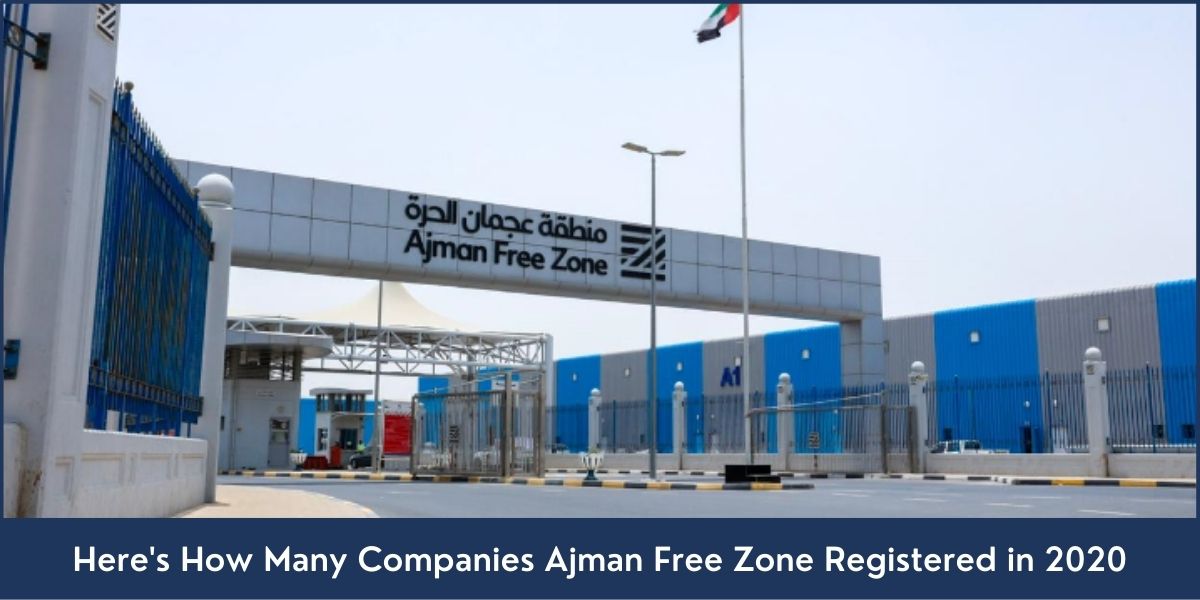The United Arab Emirates (UAE) has firmly established itself as a business hub, which has raised millions of dollars in investment. The concept of free zones started of very early on and has amassed a lot of traction from foreign investors as well.
In 2020, the Ajman Free Zone alone managed to register a whopping 1,717 new companies. This information was revealed by news agency WAM.
According to the information, the most prominent sector for investment was education which has a growth rate of 26 percent. WAM also reported that the technology sector remained active with a growth of 20 percent in its economy and investment.
The Ajman Free Zone contributed 29 percent to Ajman’s overall exports whereas acquired a 35 percent share of the volume of re-exports in 2020.
Sheikh Ahmed bin Humaid Al Nuaimi, chairman of Ajman Free Zone, said: “We are positive that the current year will open new opportunities for the free zone while we continue to support the business and investment community with a package of economic incentives, which have helped facilitate business continuity during the past year despite the challenges brought about by the global crisis.
“We expect that Ajman will continue to attract more investments in the areas of education, technology, industries, trade, and commerce. They are all important contributors to the country’s efforts to accelerate economic diversification.”
The information also revealed that Ajman Free Zone also saw a 4 percent growth in the number of the new companies being registered with the retail sector in China Mall. The Ajman Free Zone has a strategic partnership that enables them to do business effortlessly with the Chinese Gulf Companies; the free zone saw 40 companies being registered under that umbrella in 2020 alone. As of now, the free zone has over 1,100 retail companies and over 3,000 individuals within the business community in China Mall.
This is positive reinforcement since Ajman Free Zone has been aiming to expand their growth on a global scale and open doors to new investment opportunities. In regards to the development aspect of the free zone, Ali AlSuwaidi, Director-General of Ajman Free Zone, said:
Ajman Free Zone’s multi-cluster approach has allowed the expansion and growth of the educational sector and its facilities in the free zone. The education sector is an important component for other industries in the free zone and supports the demand for highly trained and educated professionals and manpower, and we at Ajman Free Zone are committed to creating the right environment for the education sector to support the educational institutions with their contribution to economic progress as they benefit from an affordable education hub in the region. We have reached to more than 170 educational organisations at present, and we anticipate that soon there will be more institutions establishing their operations from AFZ.
The free zone is home to over 170 educational facilities and the management has geared up its efforts to further its foothold in the education space and assert its leadership.







